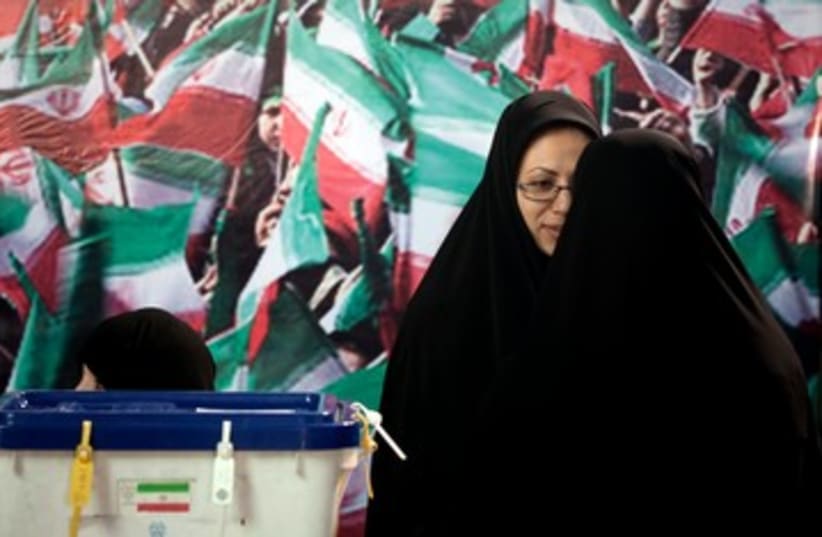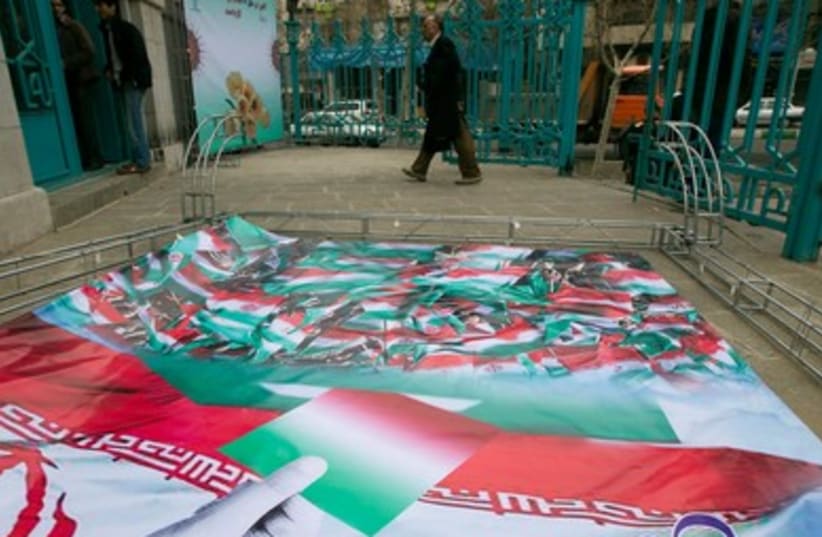
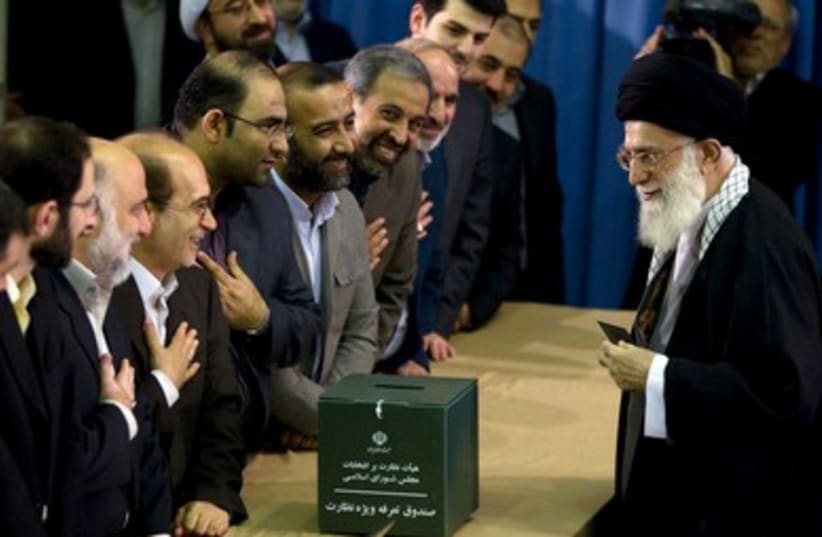
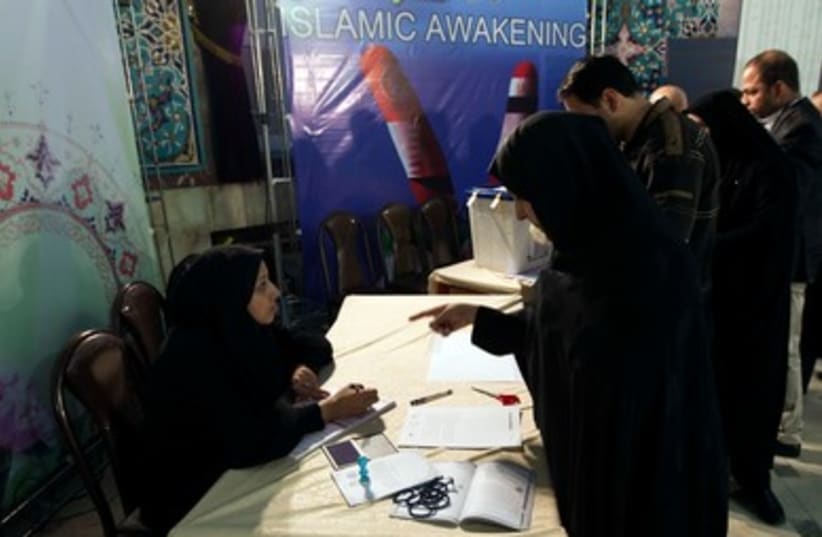
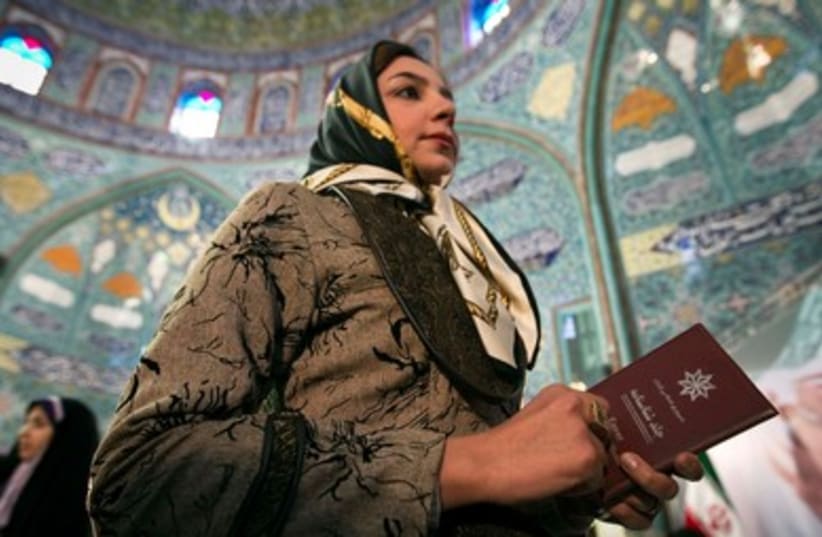
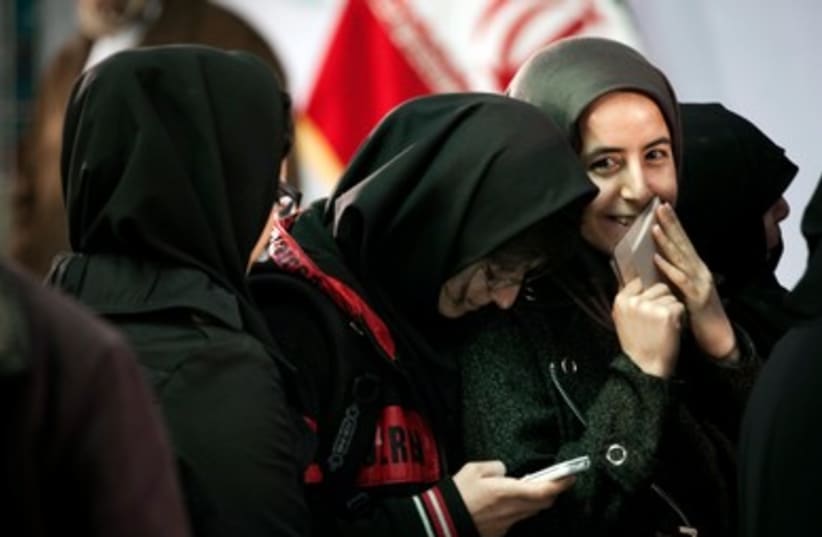
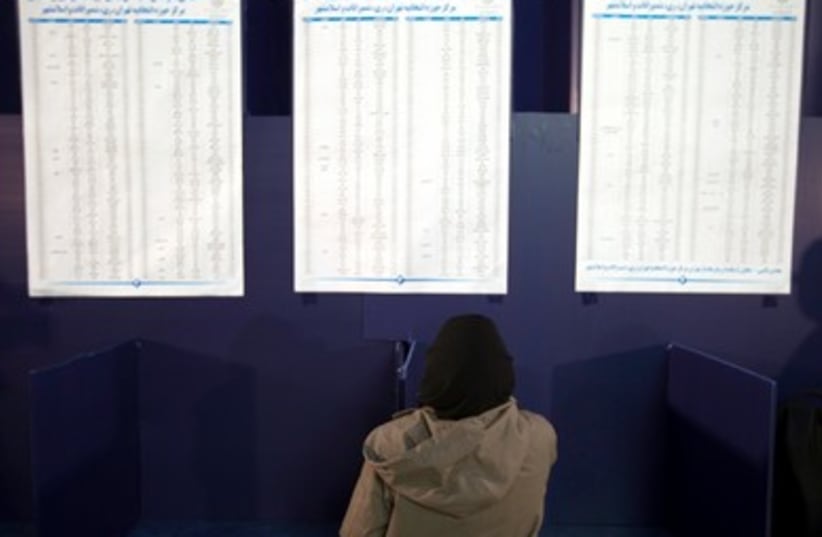

The election is unlikely to have much impact on Iran's foreign policies - the country's disputed nuclear program and international relations are already strictly controlled by Khamenei.But it could allow the clergy to strengthen its hand in determining the political backdrop ahead of a presidential election due in 2013.With Iran facing growing international isolation, western sanctions over its nuclear program and a threat of attack by Israel, Iranian leaders have been calling for a high turnout to bolster their legitimacy."There is a lot of negative propaganda against our nation ... The arrogant powers are bullying us to maintain their prestige. A high turnout will be better for our nation ... and for preserving security," said Khamenei after casting his vote."Whenever there has been more enmity towards Iran, the importance of the elections has been greater."The election will be the first since the country's disputed presidential election in 2009, when opposition and pro-democracy protests were quelled by security forces.This time round, leading reformist groups have said they will stay away from voting, setting the stage for a straight contest between backers of Khamenei and Ahmadinejad.A low turnout, however, could nonetheless highlight the extent to which disappointment still exists among Iranian voters over the outcome of the 2009 presidential election.While voting stations in affluent northern Tehran were quiet, people queued in central and downtown parts of the city to cast their votes."I am here to support my establishment against the enemies' plot by voting," said Mahboubeh Esmaili, 28, holding her baby outside the Hoseiniyeh Ershad polling center in central Tehran, where around 50 people were queuing up to vote.Voting issue: The EconomyWestern sanctions aimed at forcing Iran to halt sensitive nuclear work have started to hurt energy and food imports. The West fears Iran is working on developing a nuclear bomb, but Tehran says the program is for electricity generation and other peaceful purposes.The price of staple goods has spiraled because of the falling value of the Iranian currency and fresh European Union and US sanctions on Iran's financial and oil sectors.Critics have accused Ahmadinejad of making things worse for ordinary Iranians, saying his decision to replace food and fuel subsidies with direct monthly payments since 2010 has fuelled inflation, officially running at around 21 percent.Khamenei will be looking to use the vote to reestablish his hold on power following a political rift between the two leaders when Ahmadinejad tried to supersede Khamenei in Iran's complex political hierarchy.Analysts have said Ahmadinejad and his allies have been trying to undermine the central role of the clergy in politics by emphasizing nationalist themes of Iranian history and culture in their speeches.While Ahmadinejad himself cannot stand for a third term under Iran's constitution, some Iranian media reports said he backed Esfandiar Rahim-Mashaie, his chief 0f staff, as a candidate to succeed him in the 2013 presidential vote.In the past months, dozens of Ahmadinejad allies have been detained or dismissed from their posts for being linked to a "deviant current" that his rivals say aims to sideline clerics. Ahmadinejad's media adviser has been sentenced to one year in jail for insulting Khamenei.Reformists did not send in a list of candidates, saying the basic needs of a "free and fair" vote had not been fulfilled.Major pro-reform political parties have been banned and leading reformists have either been jailed or banned from political activities since the 2009 election, which the opposition says was rigged.Opposition leaders Mirhossein Mousavi and Mehdi Karoubi, defeated in the 2009 vote, have been under house arrest for more than a year.
